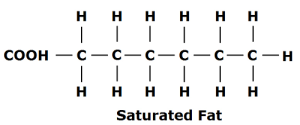When you hear the term HIV what do you think of? Very little people will think of the word vaccine when they hear HIV. But, is a vaccine for HIV somewhere close in the distance? HIV is an extremely complex and different type of virus than any other virus the world has created a vaccine for. Before a vaccine is created, the biology of the virus must be understood. Throughout the world there are nine different subtypes of HIV, which are continuously changing once inside one’s body. So, how on earth are scientists supposed to create a vaccine for a virus that is constantly changing?
In 2009 in Thailand a trial with over 16,000 volunteers was performed in which two different developed vaccines were used together in combination. Amongst the 16,000 the two vaccines together reduced the risk of HIV by 31.2%. That percentage is certainly not high enough to be an effective vaccine but, its a start. Scientists are aiming for a vaccine that reduces the risk of HIV by over 50%. Although the vaccine would only reduce one’s risk by half, it would save many lives in the future. If a vaccine of 50% is introduced, scientists will work to develop a vaccine that is 80%-90% effective which is the case for most vaccines.
The introduction of HIV came in 1983 and has now been around for 31 years. Those 31 years seem life an awfully long time to develop a vaccine for just one virus. However, to put things into perspective, it took us 33 years to develop a vaccine for HPV and 47 years for a vaccine for polio. HIV continues to be an extremely deadly disease but, there is hope that this virus can be beat.
References:
http://www.cnn.com/2014/12/01/health/are-we-on-the-road-to-an-hiv-vaccine/index.html?hpt=he_c1








